Before the 20th anniversary of the Srebrenica massacre, a draft United Nations Security Council (UNSC) resolution commemorating the victims of the massacre and describing the events in Srebrenica as genocide was vetoed by Russia on July 8, 2015.
The vote on the UK-drafted resolution which was supposed to happen on Tuesday, July 7, was delayed for a day due to efforts to convince Russia who announced earlier that it will veto the draft resolution. Despite efforts, the draft resolution was vetoed by Russia on Wednesday. Besides Russia’s veto, Angola, China, Nigeria and Venezuela abstained from the vote at the 15-member Security Council while the remaining 10 countries voted in favour of the resolution. The draft resolution was “condemning in the strongest terms the crime of genocide at Srebrenica and all other proven war crimes and crimes against humanity in the course of the conflict.”[1]
As it is known, during the Bosnian War, Serbian forces under the command of Ratko Mladic had entered Srebrenica which was declared a ‘safe area’ by the UN. Due to the UN’s failure to defend Bosniaks and the retreat of Dutch UN peacekeepers which were stationed in the area, more than 8,000 Bosniak men were massacred by Serbian forces. The Srebrenica massacre, which is considered as the largest atrocity in Europe since World War II, was characterized as genocide by the International Criminal Tribunal for the former Yugoslavia in 2004[2] and by the International Court of Justice in 2007.[3]
As to the reason for Russia’s veto to the resolution, which was welcomed by Serbia and Republika Srpska in Bosnia-Herzegovina, Russia's U.N. Ambassador Vitaly Churkin claimed that the draft resolution was “not constructive, confrontational and politically-motivated”. He also stated that the resolution “unfairly singled out Bosnian Serbs for committing war crimes in a conflict in which all three ethnic groups were the victims of atrocities” and “will not help peace in the Balkans but rather doom this region to tension.”[4]
Thus, it is seen that Russia, who refuses to recognize the Srebrenica massacre as genocide (despite a competent court’s ruling that it was genocide), has no trouble describing the events of 1915 as ‘genocide’. As it is known, in April 2015, Russian President Vladimir had described the events of 1915 as ‘genocide’ and later attended the ‘Armenian Genocide’ centennial commemoration ceremonies held in Erevan. Furthermore, the Russian Duma had passed a resolution characterizing the 1915 events as ‘genocide’.
Russia’s decision to veto drew strong criticism in the West. Following Russia’s veto, US ambassador to the U.N., Samantha Power emphasized that the Srebrenica Genocide was a legal fact proven by courts and indicated that Russia's veto was heart-breaking for the victims’ families. Power also stated that there can be no meaningful reconciliation in the UNSC and the region as long as the Srebrenica Genocide is denied. Britain's U.N. deputy ambassador Peter Wilson criticized Russia’s decision to veto and said “genocide occurred at Srebrenica. This is a legal fact, not a political judgement.”[5]
These statements, which demonstrate the general stance of the West on the Srebrenica massacre and which are legally valid, also revealed how the West contradicts with itself. Despite there being no international court decision deeming that the Ottoman state committed genocide in 1915, Turkey is being accused of committing genocide by several Western countries.
With these debates on Srebrenica, the double standards applied by Russia and the West are revealed once more. It is revealed that both sides, which oppose each other on the legally proven Srebrenica Genocide, somehow come together when the subject is the ‘Armenian Genocide’ and Turkey. The fact that both parties’ stance on Srebrenica is the exact opposite of their stance on the events of 1915 demonstrates how Russia and the West contradict with themselves and their use of the ‘Armenian Genocide’ as a means of political pressure.
© 2009-2025 Center for Eurasian Studies (AVİM) All Rights Reserved

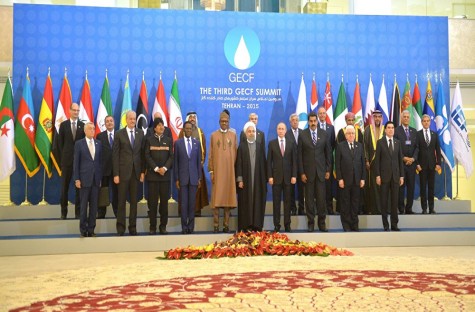 THIRD GAS SUMMIT OF THE GAS EXPORTING COUNTRIES FORUM
THIRD GAS SUMMIT OF THE GAS EXPORTING COUNTRIES FORUM
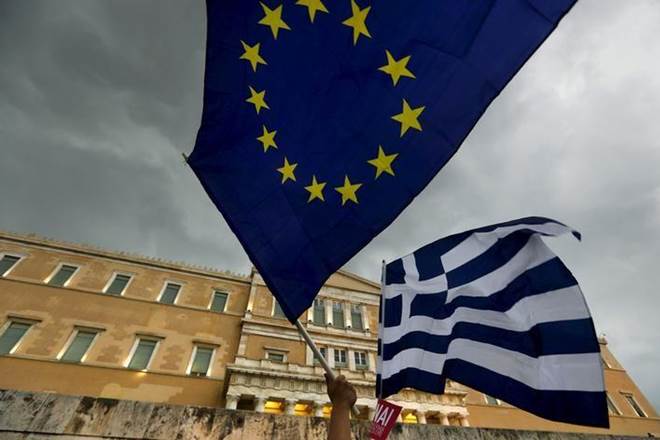 GREECE, GREEK CYPRIOT ADMINISTRATION AND ARMENIA - COMMONALITIES
GREECE, GREEK CYPRIOT ADMINISTRATION AND ARMENIA - COMMONALITIES
 POPE'S CARELESSNESS
POPE'S CARELESSNESS
 THE AFTERMATH OF THE DENIAL OF TERRORIST SASSOUNIAN’S PAROLE
THE AFTERMATH OF THE DENIAL OF TERRORIST SASSOUNIAN’S PAROLE
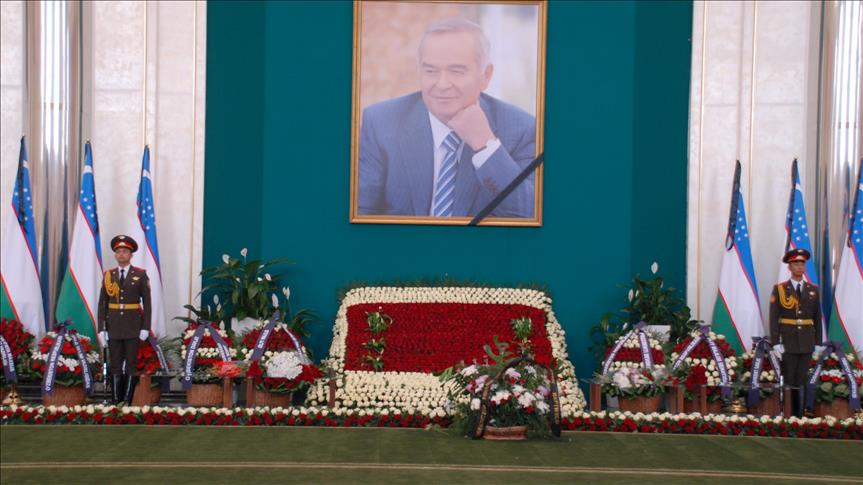 UZBEKISTAN SHOWS ITS MATURITY
UZBEKISTAN SHOWS ITS MATURITY
 THE ARMENIAN APOSTOLIC CHURCH AND THE ENCOURAGEMENT OF TERRORISM
THE ARMENIAN APOSTOLIC CHURCH AND THE ENCOURAGEMENT OF TERRORISM
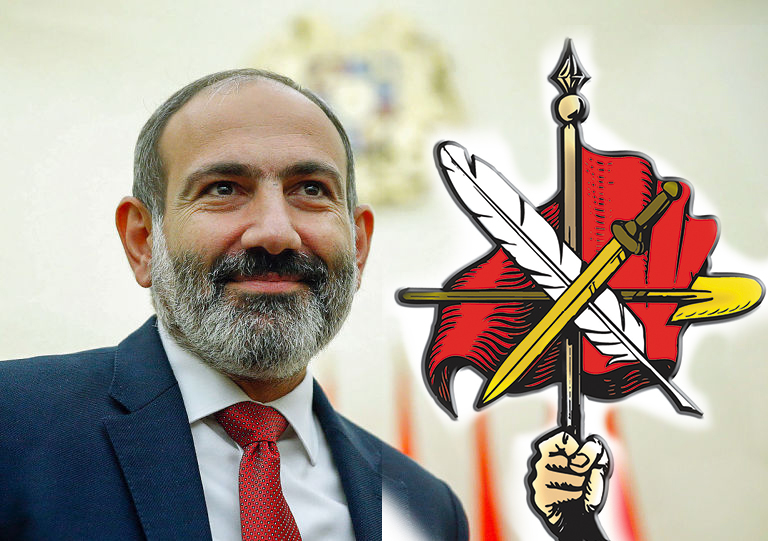 THE DECISIONS OF PASHINYAN ARE DISTURBING THE DASHNAKS
THE DECISIONS OF PASHINYAN ARE DISTURBING THE DASHNAKS
 IS THE RISE IN GLOBAL LNG SUPPLY AN OPPORTUNITY FOR TÜRKİYE?
IS THE RISE IN GLOBAL LNG SUPPLY AN OPPORTUNITY FOR TÜRKİYE?
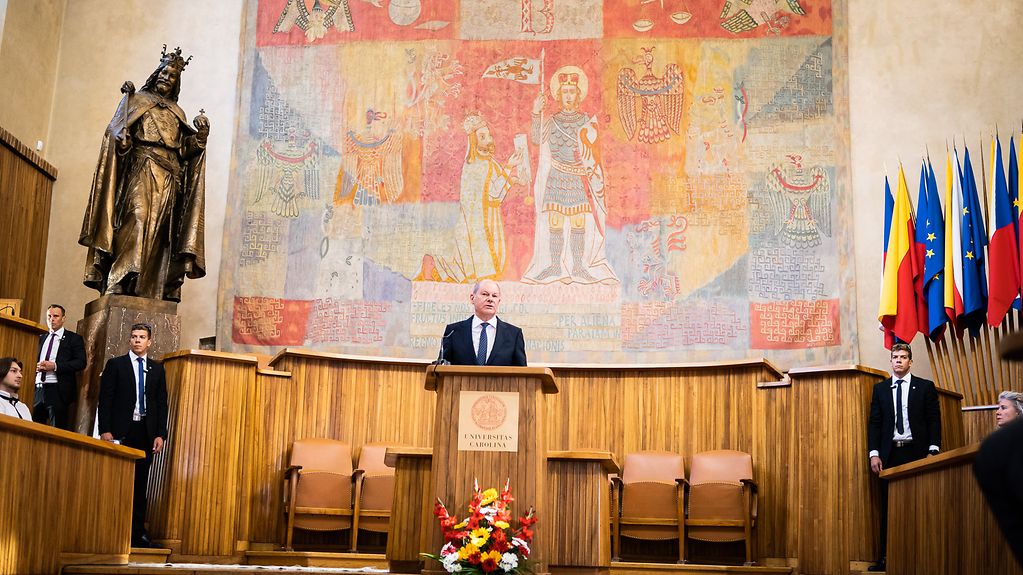 SCHOLZ'S DREAMS OF AN EU WITHOUT TURKEY
SCHOLZ'S DREAMS OF AN EU WITHOUT TURKEY
 TÜRKİYE'S EVOLVING ROLE AS A EURASIAN NEXUS: A BALANCED PERSPECTIVE
TÜRKİYE'S EVOLVING ROLE AS A EURASIAN NEXUS: A BALANCED PERSPECTIVE




























